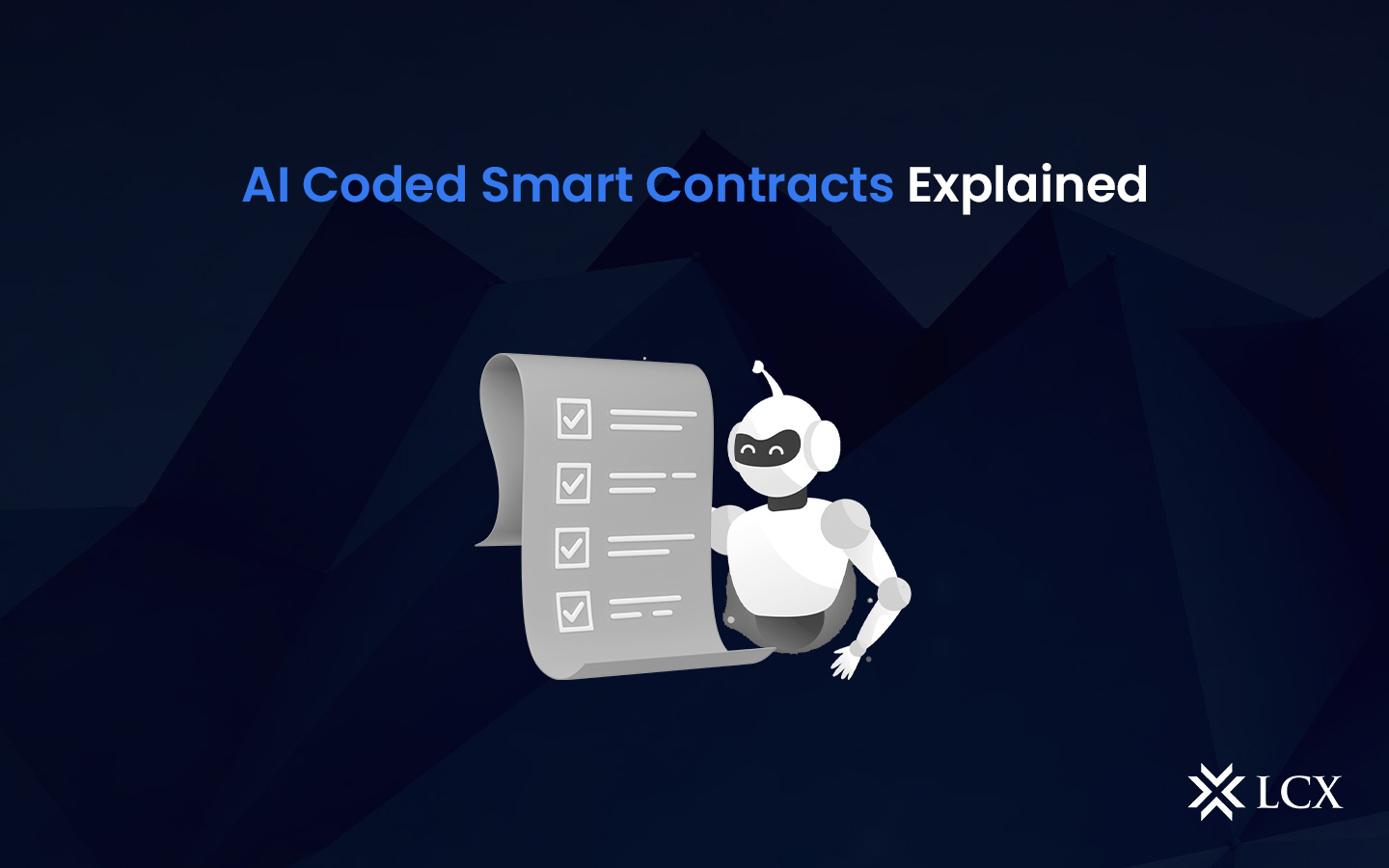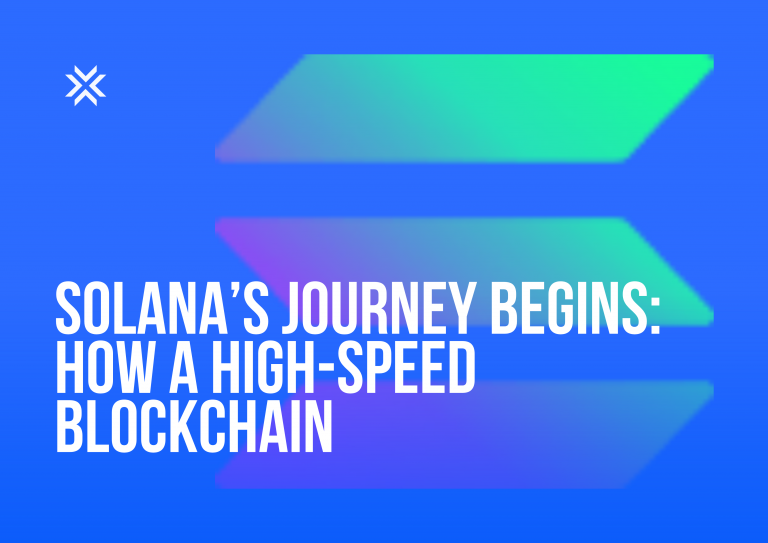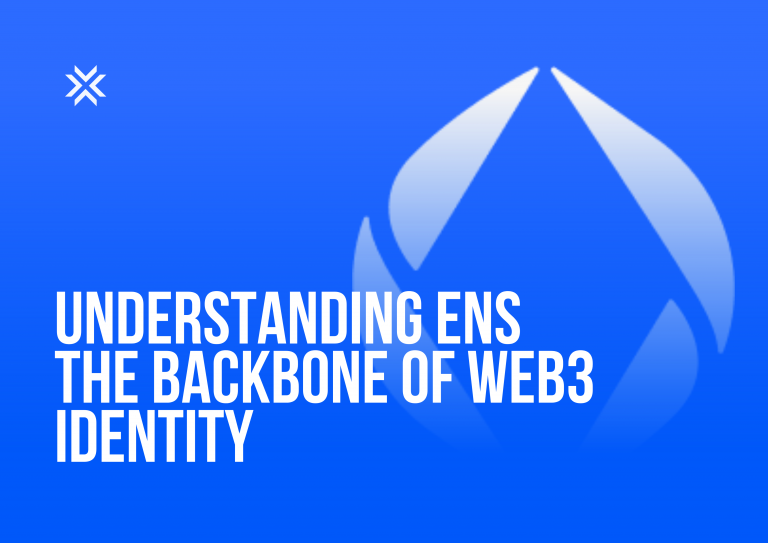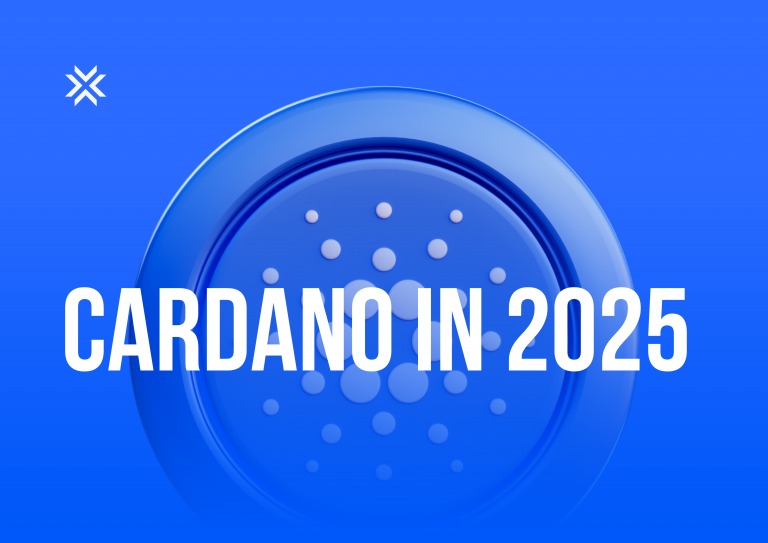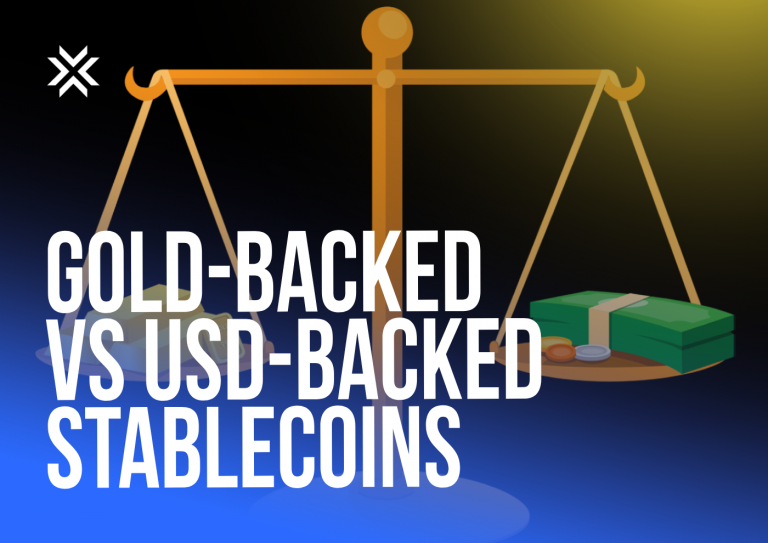Blockchain technology has been hailed as one of the most transformative innovations of our time. Its decentralized nature, immutability, and transparency have the potential to disrupt various industries, from finance to supply chain management. Within the blockchain ecosystem, smart contracts have emerged as a powerful tool for automating and executing self-executing agreements. However, the integration of artificial intelligence (AI) into smart contract development is poised to revolutionize the blockchain landscape in ways we could never have imagined.
Understanding Smart Contracts
Before we dive into the world of AI-coded smart contracts, let’s first establish a clear understanding of smart contracts themselves. A smart contract is a computer program that automatically executes predefined actions when specific conditions are met. These contracts run on blockchain networks, which provide security and immutability. Unlike traditional contracts, smart contracts eliminate the need for intermediaries and are self-executing, making them more efficient and transparent.
The Power of Artificial Intelligence
Artificial intelligence has witnessed remarkable advancements in recent years, making it a powerful tool in various sectors. AI has the potential to analyze vast amounts of data, learn from it, and make intelligent decisions. When combined with blockchain technology, AI can bring transformative capabilities to smart contracts, taking them to the next level.
AI in Smart Contracts: A Synergetic Approach
AI-coded smart contracts represent a fusion of two cutting-edge technologies: blockchain and artificial intelligence. This synergy opens up a multitude of possibilities across industries.
Here’s how AI enhances smart contracts:
Dynamic Decision Making: Traditional smart contracts are static, executing predefined actions based on predetermined conditions. AI-coded smart contracts, however, can dynamically adapt to changing circumstances. They can analyze real-time data and adjust their behavior accordingly, making them more versatile and responsive.
Predictive Analytics: AI can leverage historical data to predict future events or trends. This capability can be integrated into smart contracts, enabling them to make informed decisions based on predictive analytics. For example, in the insurance industry, AI-coded smart contracts can assess risk factors and adjust premium rates in real-time.
Natural Language Processing (NLP): NLP, a subset of AI, can be used to translate complex legal documents into code. This simplifies the process of converting traditional contracts into smart contracts. It also facilitates communication between humans and smart contracts, making them more accessible.
Enhanced Security: AI can enhance the security of smart contracts by detecting and preventing vulnerabilities and attacks. Machine learning algorithms can continuously monitor the blockchain network for suspicious activities and trigger actions to mitigate risks.
Dynamic Contract Execution: Traditional smart contracts are static, with predefined conditions and actions. AI-coded smart contracts, on the other hand, can adapt and respond to changing circumstances. For instance, in the case of a loan contract, an AI-coded smart contract can adjust the interest rate based on the borrower’s credit score or economic conditions.
Risk Mitigation: AI can assess risk factors and provide insights that can help mitigate potential issues. For instance, an AI-coded insurance smart contract can assess a customer’s risk profile and adjust premiums accordingly, reducing the risk of fraudulent claims.
Applications of AI-Coded Smart Contracts
The versatility of AI-coded smart contracts extends across a wide range of industries. Here are some notable applications:
Supply Chain Management: AI-coded smart contracts can optimize supply chain operations by automatically tracking inventory levels, predicting demand, and triggering orders when necessary. This reduces costs and minimizes inefficiencies.
Financial Services: In the financial sector, AI-coded smart contracts can automate complex financial transactions, such as derivative trading and loan origination. They can also ensure compliance with regulatory requirements, reducing the risk of fraud.
Healthcare: Smart contracts enhanced with AI can securely manage patient records, facilitate telemedicine payments, and ensure that medical procedures are carried out only when specific conditions are met.
Real Estate: Property transactions involve numerous intermediaries and paperwork. AI-coded smart contracts can streamline the process by automating payments, verifying property titles, and handling escrow services.
Legal Industry: AI-coded smart contracts have the potential to revolutionize the legal sector. They can automate routine legal tasks, such as contract review, and ensure that legal agreements are executed precisely as intended.
Benefits of AI-Coded Smart Contracts
The integration of AI into smart contracts offers several advantages:
Efficiency: Automation of processes leads to faster execution and reduced administrative overhead.
Accuracy: AI reduces the likelihood of errors, as contracts execute precisely as coded.
Cost Savings: Eliminating intermediaries and streamlining processes reduces costs.
Transparency: Transactions on the blockchain are transparent and auditable, enhancing trust.
Security: AI can detect and prevent security breaches, ensuring the integrity of smart contracts.
Challenges and Considerations
While AI-coded smart contracts hold immense promise, they also present challenges that must be addressed:
Complexity: Developing AI-coded smart contracts requires expertise in both blockchain and AI, which is a specialized skill set.
Regulatory Compliance: Regulatory frameworks for AI and blockchain are still evolving, posing legal and compliance challenges.
Data Privacy: AI relies on data, and ensuring the privacy of sensitive information in smart contracts is crucial.
Scalability: As the use of AI-coded smart contracts grows, ensuring the scalability of blockchain networks becomes a priority.
Conclusion
AI-coded smart contracts represent a thrilling convergence of blockchain and artificial intelligence. Their ability to adapt, learn, and make intelligent decisions opens up new possibilities across industries, from finance to healthcare to supply chain management. While challenges exist, the potential benefits in terms of efficiency, transparency, and security make the integration of AI into smart contracts a compelling avenue for exploration. As technology continues to evolve, AI-coded smart contracts are poised to reshape the future of finance and beyond, ushering in an era of automation, trust, and innovation.
